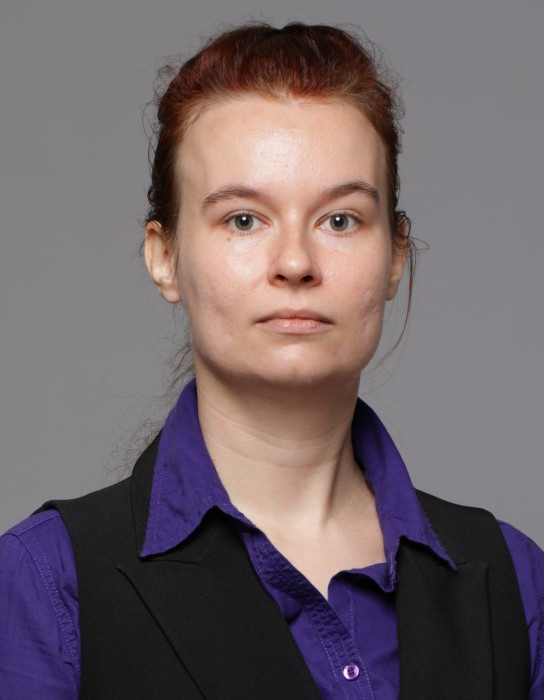Laboratory of Computer Engineering 2
Laboratory exercises
Course Description
Study Programmes
University graduate
General Competencies
In-depth understanding of the principles and theoretical background of computer systems reliability, digital system design, formal methods in computing systems and real time systems required for solving engineering problems in the area of computer engineering. Ability to design and conduct analytic, modeling, simulation and experimental investigation. Ability to design solutions to problems that are unfamiliar, incompletely defined, and have competing specifications. Ability to formulate the problem and criticaly evaluate the solution. Practical experience with design, implementation, and deployment of computer systems.
Learning Outcomes
- analyze the reliability and fault tolerance of computer systems
- design a complex digital system using HDLs
- design a complex digital system using ASICs
- apply the scheduling methods and communication methods to real-time problems
- develop the model and program structures for real-time systems
- apply the formal methods for verification of software and circuits
Forms of Teaching
Lectures are conducted through 15 weeks, one hour per week (average). The material presented in the lectures serves as a preparation for solving the problems concerning four areas mentioned.
Laboratory WorkLaboratory exercises are conducted through 15 weeks, two hours per week. During the laboratory exercises the students solve the problems concerning four areas mentioned.
Grading Method
| Continuous Assessment | Exam | |||||
|---|---|---|---|---|---|---|
| Type | Threshold | Percent of Grade | Threshold | Percent of Grade | ||
| Laboratory Exercises | 0 % | 100 % | 0 % | 0 % | ||
| Exam: Written | 0 % | 100 % | ||||
Week by Week Schedule
- Introductory lecture. Laboratory exercise introduction related to reliability and fault tolerance. Consultations
- Introduction to the development platform used in digital systems design: Altium LiveDesign, Xilinx Spartan3 FPGA, Xilinx WebISE Consultations
- Introduction to the development platform used in digital systems design: Altium LiveDesign, Xilinx Spartan3 FPGA, Xilinx WebISE Consultations
- Introduction to VHDL Consultations
- Introduction to VHDL Consultations
- Xilinx Webise practical example Consultations
- Xilinx Webise practical example Consultations
- Introducton to the exercise about improving the reliability of a system Consultations
- Introducton to the exercise about improving the reliability of a system Consultations
- Thread scheduling in operating systems Consultations
- POSIX interface Consultations
- improving the reliability of a system Consultations
- Laboratory practice of applying formal methods in computing systems design:(i) Automated theorem proving of typical program sections, (ii) Hardware verification (e.g. multiple request arbiter), (iii) Formal verification of critical operating systems communication protocols. (Part 1.) Consultations
- Laboratory practice of applying formal methods in computing systems design:(i) Automated theorem proving of typical program sections, (ii) Hardware verification (e.g. multiple request arbiter), (iii) Formal verification of critical operating systems communication protocols. (Part 2.) Consultations
- Laboratory practice of applying formal methods in computing systems design:(i) Automated theorem proving of typical program sections, (ii) Hardware verification (e.g. multiple request arbiter), (iii) Formal verification of critical operating systems communication protocols. (Part 3.) Consultations


 Pristupačnost
Pristupačnost


